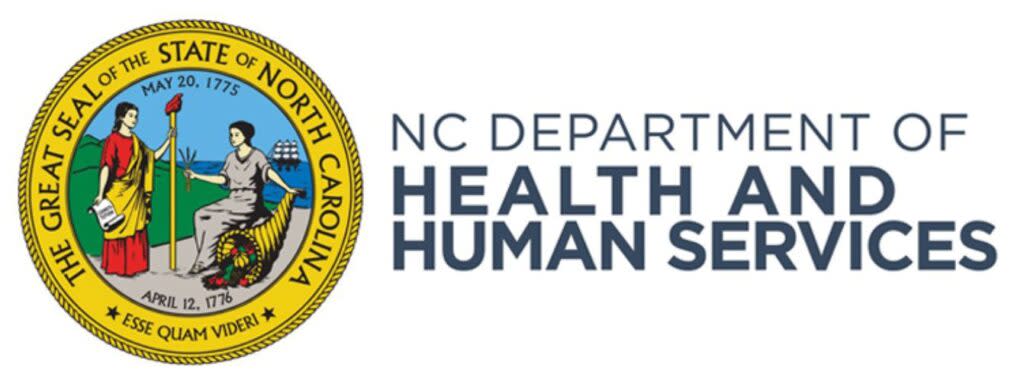If this is privatization, give us more government bureaucracy

Image: NC DHHS
If there’s a most persistent and destructive myth that’s permeated American public policy debates in recent decades, it is the fable of privatization.
You know how this goes: “Once upon a time there was a wasteful public program that was turned over to hardworking private entrepreneurs who ‘ran it like a business’ and transformed it into a dynamic and efficient enterprise that delivered more and better services at a lower cost.”
The truth, of course, is that such descriptions are very frequently bogus. Whether its K-12 education (where numerous states have increasingly turned their most important public good over to rapacious profiteers to no beneficial impact) or environmental protection (where politicians repeatedly fall for promises of quick and magical fixes to problems that actually require determined, long-term attention and oversight) the privatization myth is a persistent one.
Now, it is true that there are plenty of situations in which it can make sense for public agencies to make use of private contractors to perform important, typically time-limited, public functions – be it road construction or the installation of a new IT system.
But when it comes to basic human services and core functions like recordkeeping and the management of people and funding streams, the use of private contractors looking to pad their bank accounts rather than public employees looking simply to do the job for a fair salary is an invitation to abuse.
See, for example, the new and growing scandal that’s emerged surrounding Balanced Nutrition, Inc. – the private “nonprofit” led by Yolanda Hill, the wife of North Carolina Lt. Gov. Mark Robinson.
As NC Newsline reported on July 26, a state audit has determined that Balanced Nutrition owes taxpayers more than $132,000 that it wrongfully creamed from federal funds it was helping to administer in the provision of subsidized meals in childcare centers. And this doesn’t even include the handsome salary that Hill paid herself that was well in excess of what the vast majority of public employees working in human services earn.
Setting aside the highly questionable idea that the spouse of the state’s Lt. Governor would even be eligible for such a contract (can you say ‘conflict of interest’?), the more fundamental question that arises here is why in the heck does the state even need a private intermediary to handle such a basic public function?
As NC Newsline reported when word of “serious deficiencies” in the nonprofit’s performance first came to public attention, Balanced Nutrition is a “sponsoring organization,” that helped childcare providers apply for and receive federal funding for kids’ meals under the federal Child and Adult Care Food Program, which is overseen by the North Carolina Department of Health and Human Services (DHHS).
The organization also filed monthly claims on behalf of providers to help the centers receive reimbursement for subsidized meals served to children enrolled in day care facilities.
In short, Hill and her organization performed an important public task — recordkeeping and staying in touch with service providers — but it wasn’t rocket science or notably different than the kinds of tasks that large numbers of modestly compensated public employees perform every day.
And for this, Hill reportedly paid herself a rather princely annual salary last year ($140,000) that wasn’t far short of what her husband – the state’s second highest elected official and a former Balanced Nutrition employee — brings home ($157,000). One can only wonder how much better our state government would do in addressing the massive worker vacancy rate plaguing many agencies if it could provide that kind of pay.
What’s more, not only was there nothing particularly special about the work Hill was performing, as the audit revealed, she also wasn’t even very good at it. How else to explain the fact that Balanced Nutrition filed claims for one childcare center, the Gingerbread Learning Center, for eight months between February and October 2023, and again in February 2024, even though the center did not submit a claim during those periods?
A few years’ back in their fine book, “The Privatization of Everything,” authors Donald Cohen and Allen Mikaelian documented numerous examples in which federal, state and local officials succumbed to the siren song of privatization and thereby gave rise to waste, fraud, and expense that mushroomed well beyond anything imaginable in the public sector.
In case studies involving prisons, toll roads, parking meters, charter schools, and many other core public structures and services, Cohen and Mikaelian documented how politicians have repeatedly fallen prey to the sales pitches of skillful lobbyists hawking the “genius of the market” and ultimately ended up getting fleeced.
Is that what happened with the Hill-Robinson nonprofit? It’s hard to say. Balanced Nutrition isn’t the only “supporting organization” working with DHHS and probably isn’t the only one that’s ever been identified with “serious deficiencies.”
Let’s hope though that, whether or not the state ever recoups $132,000 it’s owed, Balanced Nutrition’s sketchy performance helps spur a serious and thorough reconsideration of what appears to be a highly questionable model for delivering a basic public service.

